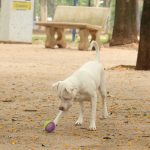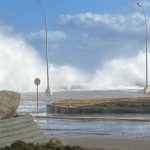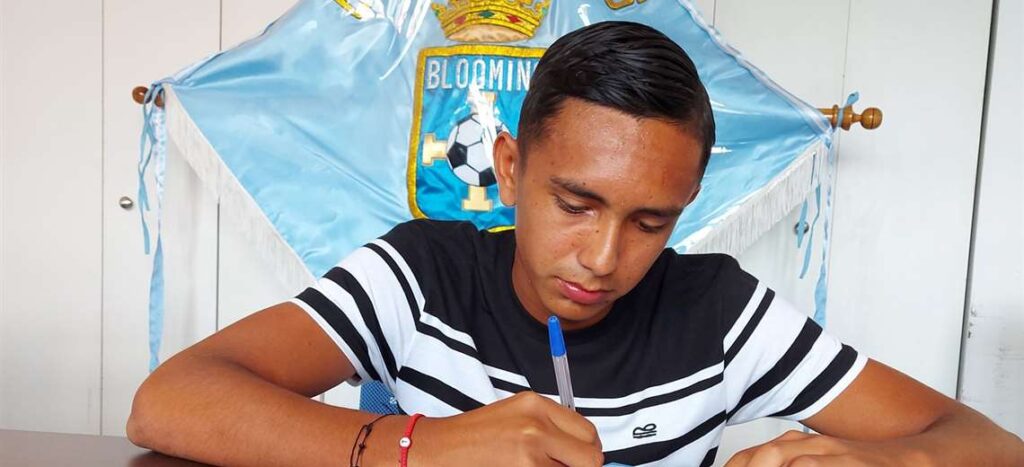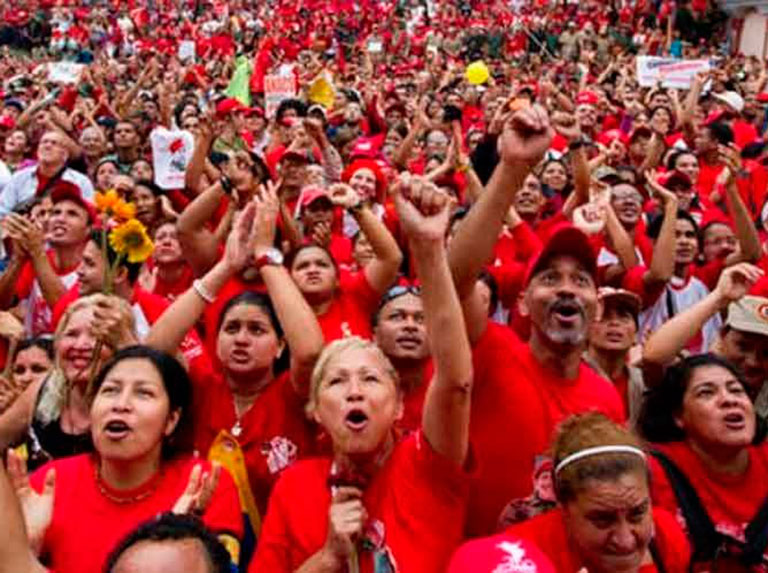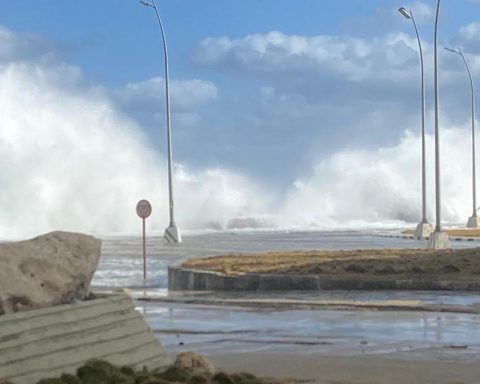José Rubén Cruz, a man from Tucuman who, when he was only 20 years old, went to Malvinas in 1982 with one of the 18 animals of the recently created Agrupación Perros de Guerra to carry out surveillance tasks, assures that the animal was “the guardian angel that God chose” to accompany him during the conflict. His dog Vogel and the other dogs that performed in Malvinas will be honored post-mortem, as well as their handlers, by the Argentine Cinological Federation, between March 31 and April 3 at the FCI International Dog Show that will be held in La Rural.
Cruz as a conscript soldier was the guide and companion of the German shepherd Vogel, the oldest war veteran animal, who died in December 1991 and is buried at the Puerto General Belgrano naval base in a tomb that overlooks the islands and is It became a monument of homage to the dogs that acted in the war.
For several years, Cruz has also been the promoter of the Malvinas: Education in Values program, with which he travels through schools recounting his experience on the islands and remembering his fellow German shepherd. “I will bear witness to what I experienced. We were not poor things and we do not want them to feel sorry for us. We went to fight for a land that we felt was our own”, he warns, in a perpetual struggle against what he describes as “de-malvilization” of Argentine society.
Cruz says that he was born in Tucumán and did his military service in Puerto Belgrano. In his province he learned to take care of plants and take care of the garden of his father’s house, so it was natural for him to say that he knew about gardening and landscaping when they asked him what he knew how to do when serving in the Navy.
But he immediately regretted it after seeing in a corner of the base the Group of War Dogs and their handlers. “They trained the dogs for surveillance and people control tasks and each guide had a dog in charge, with whom he worked. Mine was Vogel, a black beauty with a name that means bird in German. He was the guardian angel that God chose to accompany me in the war”.
Then he shows two paintings that dominate the living room of his house: one is the portrait of the black sheepdog who was his companion and the other is a battle scene in which he is in a second line, at the mercy of the bombardments, but always flanked by his companion. “I had my weapons, and I was carrying my rifle, but I only felt protected with Vogel. In the worst moments of the battle I asked God to make a star shine to show me that he was with me and nothing was going to happen to me. Later I understood that he had sent me my dog to always accompany me”, he confesses.
Regarding their stay on the island, Cruz prefers not to talk about the fear and cold, common in all wars, and highlights the heroism, camaraderie and fidelity of the soldiers and dogs. “Those of us who were part of the War Dogs Group knew that they ate first because they were the ones who took care of security. When food was scarce, they ate frozen meat that would not completely thaw and was bad for them. When we returned many were weak and sick, and we have two specimens: Ñaro and Negro who are missing in action. They offered their lives for national sovereignty ”, he recalls and shows next to his medals, the carabiner in which he had hooked Vogel in battle.
After the surrender his dog was taken prisoner along with him. They were then transferred on a hospital ship. “Vogel was very weak and I had to carry him on my shoulders like he was a sheep. The English took us out on a barge to a ship that took us to Ushuaia. The dogs stayed on the ship and we were transferred from Ushuaia to Río Gallegos by plane and then to Puerto Belgrano by plane. So there was Vogel.
“I had my weapons, and I loaded my rifle, but I only felt protected with Vogel”
Then the veteran who denies when they call him an ex-combatant gets emotional. He says that he returned “broken” and that he never saw his fellow sheepdog again. “It took me many years to recover from what happened. It hurts me because he wouldn’t have abandoned me. He should have aged in a home, with me. I found out that he had died in 1992 several years later and I mourned him from a distance., remember. But he clarifies that they never called him to meet again with Vogel nor did they invite him to parade with him. “They say they gave him a Congressional medal, but I find it strange. Anyway, they didn’t invite me,” he complains.
The story of the friendship between Cruz and the sheepdog with a cut ear is evident in each of the talks that the former Marine gives in schools: “For boys it has a special attraction because most of them had or have a dog. But I also transmit values to them. I tell them that they have to train, to overcome adversity. We all had a Falklands War, something we have to overcome.
While confessing that she was never able to have a pet again after separating from Vogel, Cruz says that her daughter Jimena is a dog trainer, her brother Víctor breeds German shepherds and her grandson Gael has a pit bull. “I promised myself that when I retire, I will have a German Shepherd. I owe it to him,” she says, in the same thunderous voice with which she sang the anthem on May 25, 1982, with the enemy less than 500 meters away.
The treasure: a flag
As they regrouped after the surrender, José Cruz found an Argentine flag. Knowing that it was going to fall into English hands, he asked his superior to allow him to keep it. The officer told him that he could not allow it to fall into English hands, but Cruz could not think of a way to hide it. Then, his partner Jorge Rinaldi offered to pass her and wrapped her in his scarf. “We passed between the English who were checking us with their hands up and they didn’t notice. Today I take it to all my talks and I asked Jorge to sign it, because he was the one who risked his life to preserve it,” he says and recalls the day the fourth grade teacher back in Tucumán took his promise to respect and defend the national insignia.
The role of Argentine bloodhounds in the war
The War Dogs Section of the Argentine Navy arrived in the Malvinas Islands, during the war for Argentine sovereignty in the archipelago, with the mission of provide security in Puerto Argentino, detect enemy infiltrations and alert about possible sabotage.
It was made up of 18 bloodhounds with their guide soldiers and arrived in Malvinas aboard the ARA Bahía Buen Suceso on Sunday, April 11, 1982, under the command of Marine Frigate Lieutenant Miguel Alberto Paz, according to information published by the Navy official site.
The group had been formally created at the Puerto Belgrano naval base on April 5, days after the recovery of the islands based on the practices that were already being carried out with trained dogs.
From their arrival and until they went to the prison camp after the warthe Malvinas War Dogs Section it carried out “security tasks” and functioned as “logistical support to the front-line troops”.
of this section there were two dogs killed in combat; in fact, they are recognized as missing in action and were called Negro and Ñaro.
The dogs were in charge of patrolling, security of the Navy facilities in Puerto Argentino, control of the civilian population and prisoners, and the defense of command posts.







